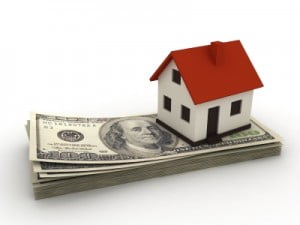Bankruptcy Effect on Mortgage
Debtors facing foreclosure and other money issues choose bankruptcy for relief. But how does bankruptcy affect the mortgage of a debtor?
Let’s take a look at a few facts:
- The most important effect a bankruptcy filing has on a mortgage is that it stops any foreclosure filing in its tracks. So if a debtor is delinquent on their mortgage payments, after they file bankruptcy they don’t have to worry about the foreclosure proceeding, at least for awhile.
- Once the debtor files bankruptcy and the automatic stay stops any foreclosure proceeding, what happens next depends on what type of bankruptcy the debtor filed and whether or not the debtor wants or can afford to keep their home.
- If the debtor filed Chapter 7 bankruptcy , he/she will still need to pay their mortgage if they want to remain in the home. But even if they are unable to pay their mortgage, the bankruptcy filing will buy them some time so that they can move out before the automatic stay is lifted and the mortgage lender is allowed to proceed with foreclosure. If the debtor chooses to keep their home in bankruptcy, the creditor may ask them to sign a reaffirmation agreement.
- If the debtor filed Chapter 13 bankruptcy , the debtor will be given the opportunity to pay their mortgage and any delinquent payments over the course of a 3 to 5 year period. As long as the debtor makes payments, the mortgage lender will not be allowed to proceed with foreclosure. If the debtor fails to make their Chapter 13 bankruptcy payments, they could face foreclosure.
